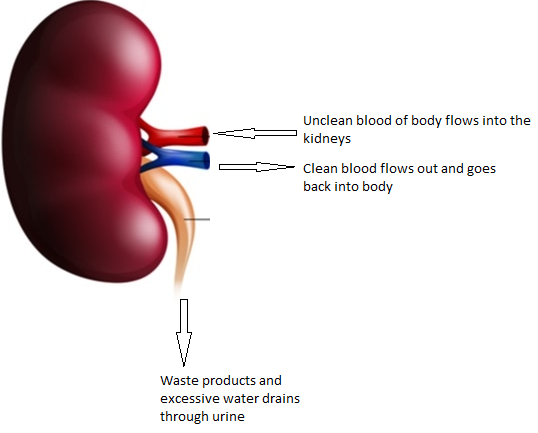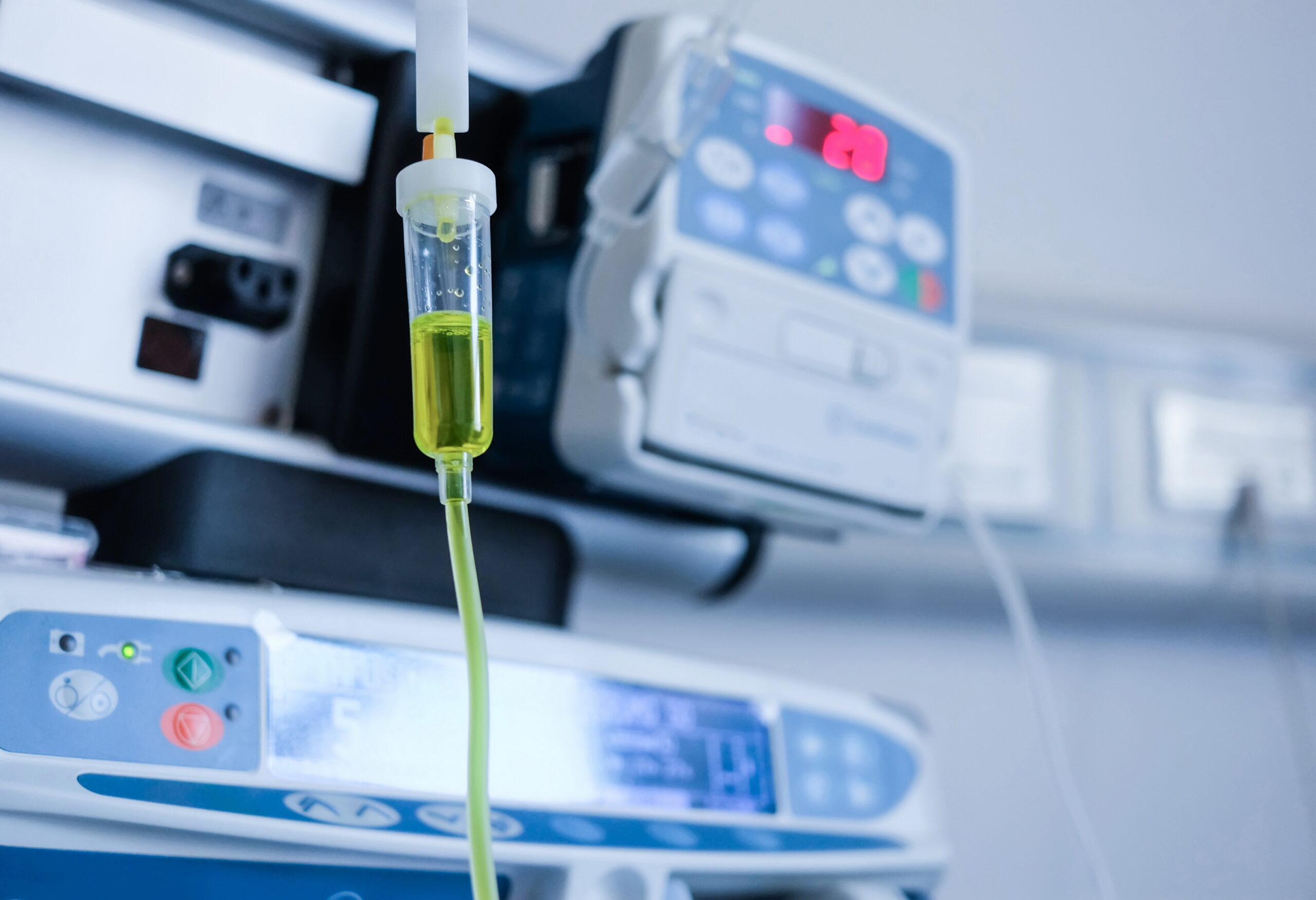Kidney Health
What is the function of kidneys in body?
Kidneys are a pared organ that lies in the upper part of back by the side of backbone. The basic function of kidney is to produce urine. Urine is complex mix of water, electrolytes, urea, creatinine and many other solutes. The purpose is to remove the waste products of metabolism present in blood and excessive water through urine. Kidney also cause activation of vitamin D making it functional and produces a chemical called erythropoietin which is essential for production of haemoglobin in blood. The function is to some extent like that of an RO filter. It has one inlet and two outlets. One outlet giving filtered water and another draining non usable water. Kidney also functions like this

Kidneys play a very important role in maintaining a normal level of blood pressure.
How do I know my kidneys are functioning well or not?
The symptoms of kidney dysfunction may not appear early in the course of disease. Therefore it is recommended to screen the kidney functions using blood test periodically and looking at the kidneys using ultrasound scan. The earliest symptom of kidney failure is inability to fall asleep and lack of diurnal rhythm. Since the function of kidney is to eliminate excessive water from body, once dysfunctions sets in water accumulates in body leading to swelling around eyes and legs. Vitamin D activation doesn’t not occur leading to decreased strength of bones and muscles causing body ache, joint pain. The production of haemoglobin decreases leading to anaemia, weakness and easy fatigability. The skin gets dry and itchy. There is loss of appetite and nausea. The appearance of such person would be bloated and pale.
What should I do to ensure that my kidneys function well?
Follow following steps:
- Maintain a healthy lifestyle. Eat to live and not live to eat. Take a platter of food and salads daily. Ensure a good bowel evacuation daily. Avoid junk food, excessive salt and sugar.
- Remain well hydrated. Observe the colour of urine and try to ensure that the colour of urine and tap water should be same. If the urine is yellow it’s a reminder to drink 2 more glasses of water.
- Do 6 monthly health check if you are more than 50 years of age and annual health check if you are less. In particular check for blood pressure and Diabetes and keep them normal.
- Exercise regularly. Give 45 minutes each day to yourself and exercise. Best forms are running, swimming, brisk walk in that order.
- Meditate daily and try to control stress and anxiety. As one prospers there are entities that rob you of your well being.
- Maintain haemoglobin in normal range.
- If there is already some kidney dysfunction, ensure you don’t overburden them with excess proteins. Avoid health supplements like creatine, proteins, and testosterone injections.
- Avoid excessive use of medications. Popping a pill even for insignificant ailments especially pain killers can damage the kidneys.
- Maintain a healthy body weight. A rough estimate of ideal adult body weight is: Height in cms – 100. Keep the body weight around this figure.
- Avoid smoking.
The rate at which both the kidneys filter the blood is called as glomerular filtration rate (GFR). Normal glomerular filtration rate of both the kidneys is around 100, 50 being the contribution from each kidney. The most common blood test that is performed to evaluate kidney function is serum creatinine level. The serum creatinine (s Cr) level remains normal till GFR is around 60. Once GFR goes lower than this level s.Cr starts rising. So, if your s.Cr level is high 40% has already been lost. To prevent further damage to kidneys follow following steps:
- Remain well hydrate
- Exercise regularly
- Keep weight in healthy range
- Control the underlying reason for renal dysfunction. Control blood pressure, blood sugar.
- Seek prompt treatment of any ailments like diarrhoea, UTI. Avoid dehydration.
- Stop smoking, drinking
- Decrease salt intake to minimum, avoid junk foods.
- Keep haemoglobin in normal range. Take iron and calcium supplements with Vitamin D.
- Get blood tested for haemoglobin, urea, sCr, electrolytes, Urine microscopy and Ultrasound examination every 3-6 months.
- Get an arteriovenous fistula made if the sCr level is more than 4 mg%.
Once the kidney function falls less than 10%, the blood needs to be filtered in machine (called haemodialysis) or kidney transplant is required.
If you are happy with your visit and are getting better please write a review:
You can google drsumiturologist or Deetyaclinic: there will be a business page towards right side. Please write a review and help us grow



